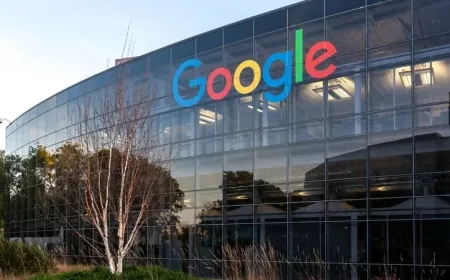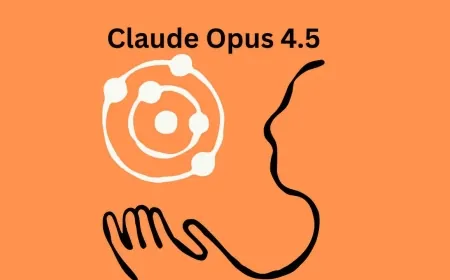OpenAI Launches ChatGPT Search: A Game-Changer Challenging Google in Online Search
OpenAI's ChatGPT Search aims to revolutionize online search, presenting a new challenge to Google with its unique, conversational approach

OpenAI has officially launched ChatGPT Search, a new tool designed to reshape the way users interact with online search. This innovative product arrives amid growing competition in the digital search landscape, with many speculating that it could pose a serious challenge to Google's long-standing dominance. While the potential for ChatGPT Search is evident, early user experiences indicate that it still has significant room for improvement, particularly when it comes to handling short and straightforward queries.
Understanding ChatGPT Search's Unique Features
ChatGPT Search aims to provide a more conversational and intuitive experience, allowing users to pose questions in natural language. Unlike traditional search engines, which often return a list of links, ChatGPT Search delivers concise, synthesized answers. This tool aggregates information from multiple sources, presenting users with a well-rounded response to complex inquiries. For instance, when users ask detailed questions, such as “What are the latest trends in renewable energy?” ChatGPT Search can quickly summarize insights from various credible sites and provide references, enhancing trust and verification.
Limitations in Handling Common Short Queries
Despite its innovative approach, ChatGPT Search struggles with short, straightforward queries that are a staple of online searches. Simple searches like "latest news," "restaurants nearby," or "NBA scores" often yield vague or inaccurate results. Users have reported frustration when trying to obtain real-time data. For example, during a test, asking for the score of an ongoing NBA game resulted in outdated information, highlighting the tool’s limitations in delivering timely responses.
User Feedback: A Mixed Bag of Experiences
User feedback has been mixed, with many appreciating the detailed responses to complex questions but expressing disappointment with the efficiency of short query answers. While the conversational interface of ChatGPT Search is engaging, practical usage often reveals gaps in performance. Users have found themselves resorting to Google for quick inquiries, illustrating the need for improvement in the AI's responsiveness.
OpenAI's Commitment to Enhancements
Recognizing these challenges, OpenAI has committed to refining ChatGPT Search based on user feedback. A company representative stated the importance of improving performance for short, navigational queries, acknowledging that this capability is crucial for widespread adoption. Continuous updates and enhancements are planned to address these early-stage shortcomings.
The Competitive Search Landscape
The launch of ChatGPT Search adds another dimension to the competitive landscape that includes established players like Google and emerging tools like Perplexity. While Perplexity has gained popularity as an AI-driven search tool, it faces similar challenges with short queries. This ongoing innovation underscores the need for search technologies that meet the diverse demands of users seeking quick and accurate information.
AI's Role in Search Evolution
OpenAI's introduction of ChatGPT Search represents a significant step in the evolution of online search. Its capability to handle detailed questions and aggregate information showcases the potential for AI to transform knowledge access. However, the current limitations in addressing short queries highlight the need for further development to make it a practical alternative to Google for everyday use.
As OpenAI invests in refining this tool, users can anticipate a future where AI search capabilities are not only innovative but also practical and reliable for all types of inquiries. Until these enhancements are realized, Google will continue to be the primary resource for quick, navigational searches, as the competition intensifies in the realm of online information retrieval.
Also Read: Meta Building Its Own AI Search Engine to Compete with Google and Bing































































